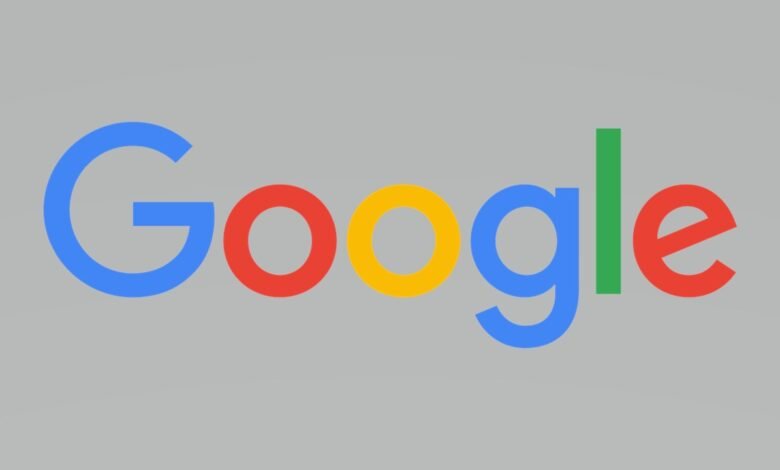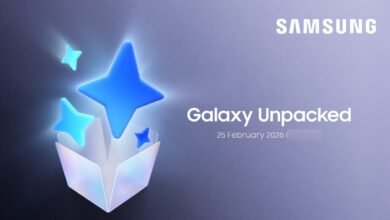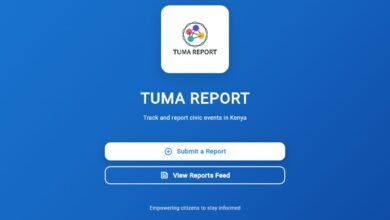
After nearly five years of legal mud-wrestling with the U.S. Department of Justice (DOJ), Google has walked out of court grinning. The judge has spoken: no, Google won’t have to sell Chrome. No, Android won’t be ripped out of its hands. And no, your next Android phone won’t suddenly come with a “please pick your favorite search engine” screen before you can even set your wallpaper.
If you remember last year’s fireworks, things looked pretty grim for Google. A federal judge had ruled that the company was a monopolist, thanks to those juicy multi-billion-dollar deals that locked Google Search as the default search engine on Apple iPhones, Samsung Galaxys, and almost every browser worth its tabs. The big question was: what should be done about it?
The DOJ wanted to bring out the sledgehammer: break up Chrome, spin off Android, force choice screens, and make Google dump its search data into a public bucket. Google’s lawyers, in contrast, argued the fixes would backfire, in the process hurting users, jacking up phone prices, and possibly turning Chrome into a security nightmare.
In a 230-page document published this week, the court delivered its final remedies. The result? A resounding win for Google.
What Google Won

- No breakup of Chrome or Android: The judge called the DOJ’s bid to divest them an overreach. Android and Chrome stay right where they are—inside Google.
- No choice screens: Unlike Europe, Americans won’t be nagged to select their default search engine on new phones or browsers. The court said there’s no proof they actually boost competition.
- Google can still pay partners: Google is free to keep shelling out billions to Apple, Samsung, Mozilla and friends to keep its search and apps front and center. The court agreed with witnesses like Mozilla’s CFO, who warned that cutting off these payments would be “crippling” and could even put a browser like Firefox “out of business”
What Google Lost
- No more exclusive contracts: Google can’t strong-arm partners into deals that make Search, Chrome, Assistant, or Gemini the only option for over a year. Play Store access can’t be tied to defaulting everything Google anymore.
- No more prohibiting partners from distributing rival search engines, browsers, or AI products at the same time.
- Data sharing (limited): Google must give “qualified competitors” access to parts of its search index and user interaction data (but not ads data). Think of it as letting rivals peek at the library without handing them the keys to the vault. This is meant to deny Google the “fruits of its exclusionary acts and promote competition” by giving smaller rivals the data they need to improve their own search results and better compete for your clicks.
- Transparency in ads: Google must publicly disclose material changes to its ad auctions to stop secret tweaks that raise prices behind the curtain.
This is a subtle but significant shift. It gives companies like Samsung or Motorola more freedom to experiment with other services without fearing punishment from Google. The judgment will last six years, with a technical committee babysitting compliance.
What This Means for Kenyans
So why should someone in Nairobi, Kakamega, or Eldoret care? Because the ripple effects cross oceans.
- Phones stay cheap(er): Had Android been spun off, Tecno, Infinix, and Xiaomi’s budget phones might have faced new licensing fees. Those costs would’ve landed on Kenyan wallets. Google keeping Android means your next sub-KES 15,000 phone likely won’t suddenly cost more, which is a win for Kenyans considering smartphone prices have already tripled since 2019.
- Chrome stays secure: Chrome is Kenya’s most used browser. A forced split could have slowed updates, making things like online banking riskier. By dodging that bullet, Chrome’s security shield remains intact.
- The status quo remains (for now): Google will still be the default search engine on most of the devices and browsers you use. The company’s dominance isn’t going away overnight.
- Ads and visibility: Kenyan businesses relying on Google Ads or YouTube won’t see a shake-up just yet. But since rivals may get limited access to Google’s search index, we might see fresh advertising options in the long run, possibly at different price points.
- More AI in the mix: The case put AI front and center. With competitors like OpenAI and Perplexity eyeing Google’s space, expect more AI-powered search features, not fewer, on your devices here.
The new rules preventing exclusivity and forcing data sharing are designed to give competitors a fighting chance. In the long run, this could lead to better alternative search engines and AI assistants that are more competitive with Google’s offerings. But for now, it’s Google 1 – DOJ 0. The company dodges the harshest penalties while still being told to play fairer. For ordinary users, this means life with Android and Chrome mostly continues as usual. No price spikes. No sudden browser chaos.
But make no mistake: the world is watching. AI assistants are slowly becoming the new search engines, and if Google leans too heavily on its monopoly tricks again, another courtroom showdown is only a matter of time.
So relax. For now, your phone isn’t about to get pricier, and your Chrome won’t go rogue. But the global tech chess game just entered its next phase, and we’ll be keeping tabs.






